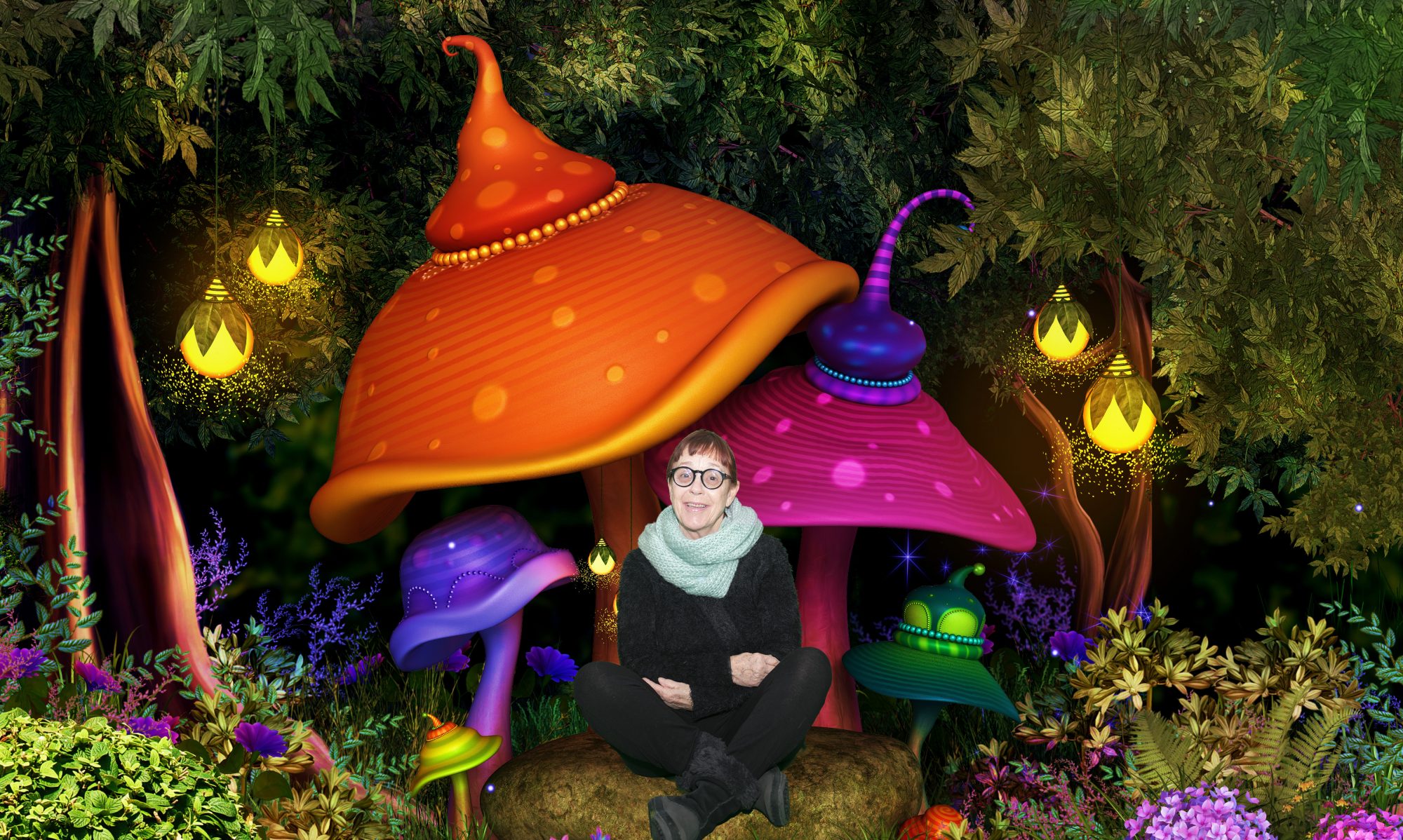All parents watch with baited breath as their children begin their school careers and all hope for academic success and a life-long love of learning. We watch closely for the signs that the our child is truly reading and in many ways the first words read feel like a sort of “literacy magic” is being woven around our children. We relive our own school careers as we watch and nurture this learning process with our little ones.
There is much parents can do to help children prepare for success at school. It just takes a little planning and forethought to use the more “teachable moments” that occur naturally in our days.
In order for children to learn easily and maximise progress in literacy they must be at a specific stage of “readiness” for formal learning skills. Their bodies, minds and maturational clocks must be ready to begin.
In order to successfully learn early literacy skills, children need to develop phonemic awareness. This is simply the understanding that the English language can be broken into phonemes (the smallest units of sound). Parents can use a “silly, sound language “when talking to children to help develop auditory discrimination and help children hear all these parts. They can break their spoken instructions to children into units of sound so children clearly understand that all words are made of sounds. E.G. M-e-ll-i-ss-a p-l-ea-se g-o a-n-d f-i-n-d a t-oy f-or b-a-b-y -i-m! Use this broken up speech often to emphasise the sounds in words. You can also ask children to give a sign such as a soft clap each time they hear a special sound e.g. “b” while you read them a story. These simple activities can have a profound effect on future decoding and spelling skills.
Reading stories often to children helps children switch on their inner “mind’s eye” and get ready for the imaginative component of reading and writing. We know that children who listen to stories improve their “linguistic store-houses” and this also flows over into comprehension and writing. As children listen to stories they add words to their spoken vocabularies, make mind pictures and start to comprehend narratives and thee ways they work. They also improve listening and comprehension skills.
Memory training is important for early readiness skills. Children need to develop their auditory and visual discrimination before successful reading and writing skills can take place. Auditory memory skills can be developed by insisting that children repeat instructions and then carry them out. Whenever you ask children to do a series of actions e.g. Get your school bag, pack your homework and go out to the car-ask your child to repeat the instructions. After a few months of this repetition they will automatically begin to repeat the instructions silently and it will facilitate your child’s ability to follow instructions at school.
You can also play memory games such as concentration with sight words or “I looked in my Grandmother’s trunk and I found a_______________” The next person says the same and adds one item and so on.
Children have to learn that repetition-although at times tedious and boring, is the key to basic skills such as spelling and multiplication tables. Children are helped with these skills by being able to perform a physical action such as bouncing a ball or jumping on a trampoline while practising the learning.
Visual memory skills are essential for effective reading skills and can be developed by asking children to compare pictures, look for differences, play flashcard games such as Snap and match up flashcards around the house. E.g. You can put signs on common objects –This is the fridge or bathroom-and children can match up their flashcards. This simple activity will really boost beginning reading skills and acquisition of sight words.
A knowledge of the alphabet is so important and has been demonstrated to be one of the key indicators that children are ready for formal learning. This can be developed by children saying the alphabet in different voices-loud/soft and maybe jumping/hopping as they say them. Ask children to trace the letters in bright colours, model the letters with plasticine and draw the letters in the air.
Both fine and gross motor skills are very important when children begin school. For successful printing to take place fine motor skills need attention. Allow children to cut, colour, paint and manipulate equipment and thread beads. It is a good idea to establish a “creativity box” full of recycling materials for making things and general enjoyment. Make sure you include scissors, scraps of paper, materials and paints, crayons and markers.
Appropriate gross motor skills are crucial to learning. Children need to have the requisite balance skills to successfully sit at their desks and not continuously back and forth search in for a centre of balance. Take your children to parks and playgrounds to help them develop these all important skills. Well developed balance skills will help your child to be able to sit and listen well and concentrate.
They also need to be able to cross their midline with facility and so simple exercises where your child touches their left hand to their right knee, right hand to left knee (this can also be done while skipping, and forwards, backwards and on a small trampoline), will develop these essential midline crossing skills.
Do remember that if children are showing tendencies to be left- handed, it is imperative you do not change this. Children can develop directional difficulties and speech and language problems if they are forced to change handedness. Do remember that many of the greatest thinkers in history have been left-handers and that there is a strong possibility of very strong creative skills being developed by these children.
Eye muscles need to move efficiently. Children cannot read if they cannot move their eyes successfully from right to left, and be able to copy from the blackboard-focusing and re-focusing as they complete a copying exercise. If children are not encouraged to play outside and use their eyes for looking near and far, and spend a great deal of time watching TV and playing electronic games, then these skills may not be well developed. Tracing a “lazy eight” in the air will help a great deal with this. Ask children to imagine a big, fat eight laying sideways in the air (like an infinity sign) and then trace around it, starting from the middle and going up to the left. You can also draw large “lazy eights” on scrap paper for children to trace around in bright crayons.
Listening skills need to be at an appropriate level. It is vitally important that children can listen to instructions and carry them out in an exact fashion. You can help this by talking to your children every day at the dinner table and ensuring the TV goes off at family meal times. Families that converse properly and really listen to each other, really help young children to learn the importance of listening. Listening to music and singing simple songs will help listening skills to develop.
Awareness of rhyme is important. Read nursery rhymes and nonsense rhymes regularly. This will increase the children’s sense of rhythm and rhyme- two important components of the early reading process.
There is an emotional component to the development of early literacy skills. Children know how you feel about their reading and will want to make you feel happy. They sense parental anxiety and then become stressed and even more unable to reach the high standards you may be setting. It is important to realise that all children have an individual maturational clock that ticks away until they are completely ready for the literacy process. Displaying anxiety and disapproval will only hold your child back and further delay their success. Trust the process, enjoy your child’s early attempts and celebrate every success together. All children learn in different ways and rates so do not compare them to their siblings and above all-soak them in books and model the literacy process yourself. Let your children see you reading regularly and perhaps writing in a personal journal. If they know you value literacy, they will also feel the same and the wonderful, magical literacy journey will begin!
By Victoria Carlton www.ice-au.com




![8259758[1]](http://victoriacarlton.com.au/wp-content/uploads/2014/01/82597581-225x300.jpg)
![41835873[1]](http://victoriacarlton.com.au/wp-content/uploads/2014/01/418358731-199x300.jpg)